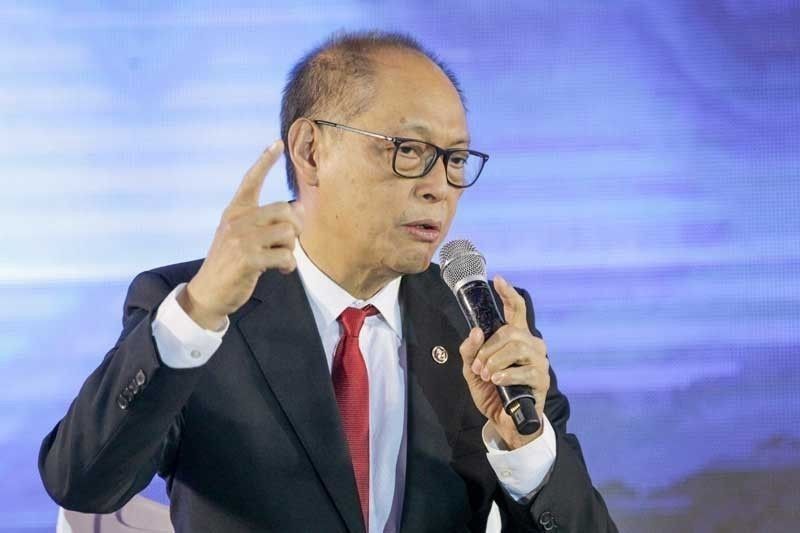BSP taps large-scale miners for gold sourcing

MANILA, Philippines — The Bangko Sentral ng Pilipinas (BSP) is expanding its sources of gold by tapping large-scale mining companies on top of small-scale miners to promote livelihood, productivity and sustainable gold production.
BSP Governor Benjamin Diokno led the recent signing of a purchase agreement with Australian-owned OceanaGold Philippines Inc. OGPI was represented by its president and general manager Joan Adaci-Cattiling during the signing ceremony.
Diokno said the BSP aims to be the preferred gold buyer of both large and small-scale miners.
“It forms part of the BSP’s efforts to promote livelihood, productivity and sustainable gold production by expanding BSP’s gold sourcing beyond small-scale mining to include large-scale miners,” the central bank said.
The BSP refines and converts all gold purchases into good delivery gold bars via its mint and refinery operations department, forming part of the country’s foreign exchange buffer or gross international reserves (GIR).
Under the agreement, the unit of the Brisbane-based OceanaGold will offer for purchase not less than 25 percent of its annual doré gold bar production at fair market prices.
OGPI operates a mine in the Nueva Vizcaya-Quirino area under a Financial or Technical Assistance Agreement (FTAA) with the government.
The mining company was awarded a fresh 25-year deal in July last year after its FTAA for the Didipio mine expired in June 2019.
Beyond 2022, the Didipio mine is expected to produce as much as 120,000 ounces of gold and 12,000 to 14,000 tons of copper per year
Aside from the Philippines, the other operating assets of OceanaGold include the Macraes and Waihi operations in New Zealand as well as the Haile Gold Mine in the US.
The BSP continues to step up its gold purchases via reforms to lure small-scale miners and sellers away from the black market.
Latest data showed the gold purchases by the central bank reached 115,800 troy ounces in 2020, more than 11 times the 10,207 troy oz purchased in 2019.
From an average annual volume of almost one million troy oz, gold purchases by the BSP plunged steadily after the Bureau of Internal Revenue issued Revenue Regulation 7-2008 in 2008, slapping taxes on the sale of gold and other metallic mineral products extracted or produced by small-scale miners.
The BSP first asked the Department of Finance (DOF) in 2008 to reconsider the regulation that also assigned the BSP to not only collect the two percent excise tax on the sale of gold, but also to act as a withholding agent for the 10 percent creditable withholding tax.
The BIR eventually issued RR 6-2012, slapping a five percent withholding tax and two percent excise tax on the gold purchases of the BSP from small-scale miners.
In 2017, President Duterte signed Republic Act 10963 or the Tax Reform for Acceleration and Inclusion (TRAIN) Law, doubling the excise tax rate to four percent, while the creditable withholding tax was placed at one percent.
The imposition of the excise and withholding taxes encouraged small-scale gold miners and traders to sell their output to the black market since the price is higher.
In 2019, RA 11256 - An Act Strengthening the Philippines’ Gross International Reserves – exempted accredited small-scale miners and traders from paying income and excise tax for gold sold to the BSP.
The BSP also has programs in the pipeline including lowering the processing costs and minimizing the turnaround time to further increase purchases of gold and to discourage small-scale miners from selling their gold in the black market.
It is looking at reducing the assaying and refining fees charged to small-scale miners to encourage them to sell their gold to the BSP.
- Latest
- Trending































